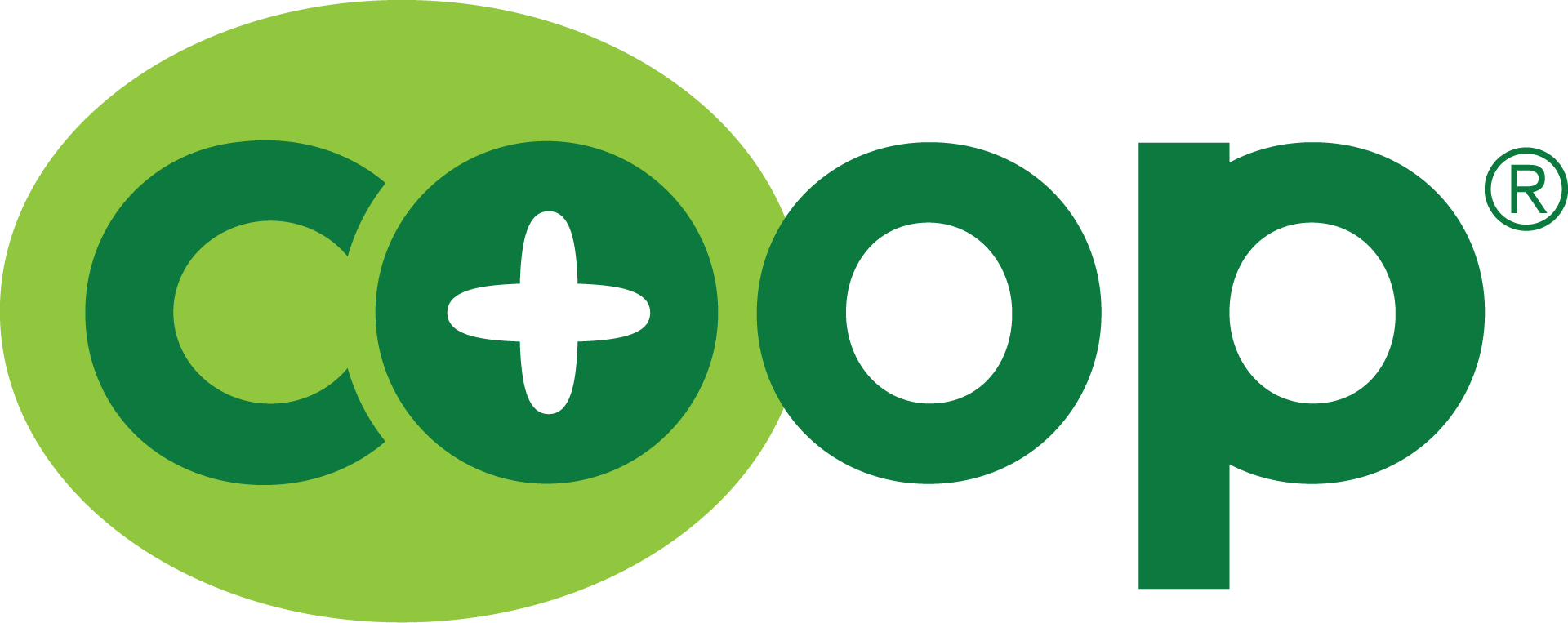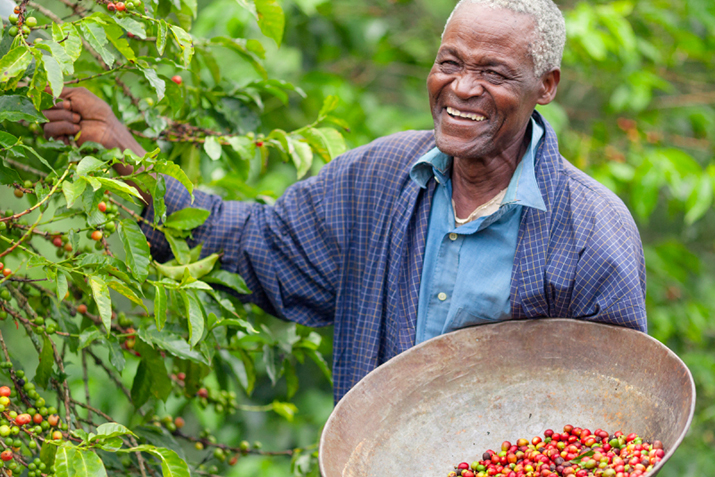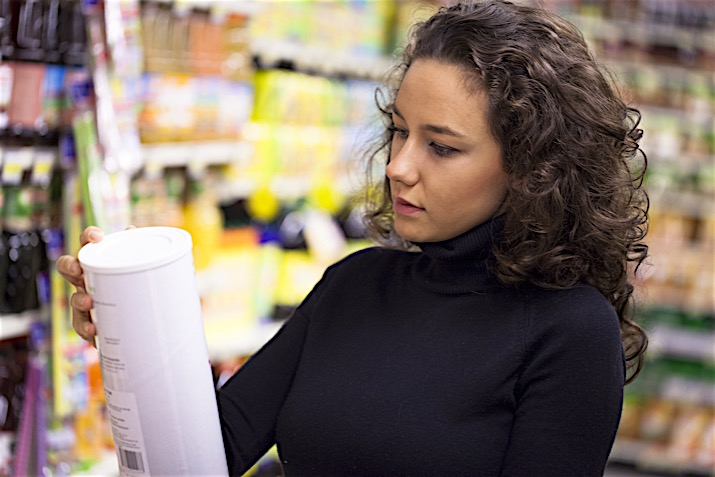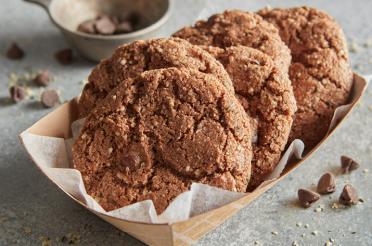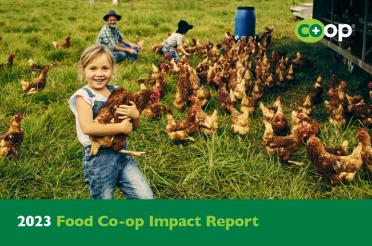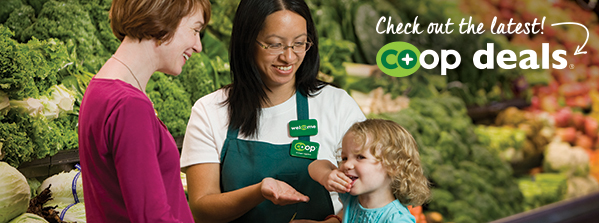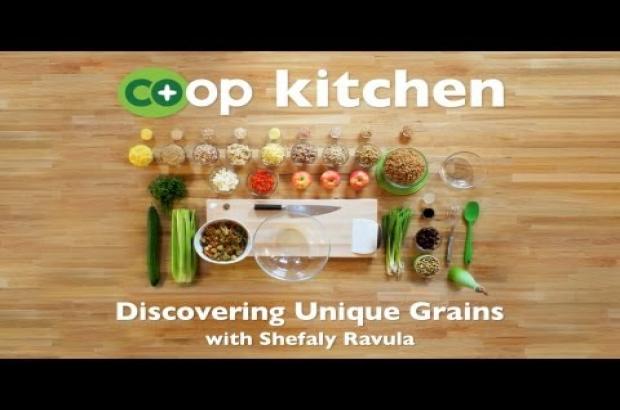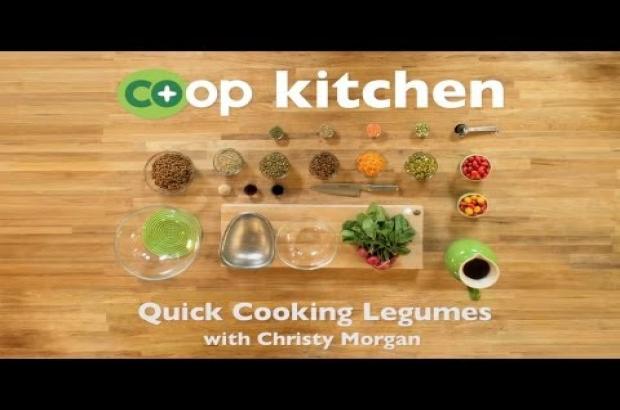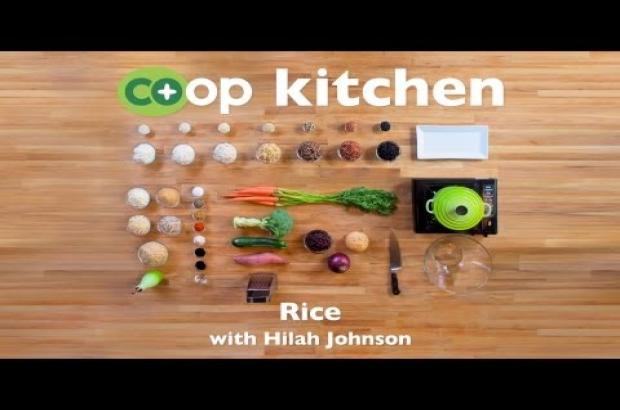Alternative Sweeteners
Pastry chef Philip Speer offers an overview of alternatives to refined white sugar, including maple syrup, honey, agave, molasses and stevia. Using alternative sweeteners in baked goods and other recipes can add variety and provide a healthier way to satisfy your sweet tooth. Philip gives suggestions on when to use and how to store some of the most common types of alternative sweeteners.
Find more Co+op Kitchen videos featuring information and easy recipes for making delicious meals at home, as well as handy hints from chefs and food enthusiasts who love sharing their passion for great food.
Video Transcript
Hi. My name is Philip Speer, and I'm the executive pastry chef of Uchi Restaurants. Today we are going to talk about alternative sweeteners. If you like to avoid using refined white sugar in your kitchen, there are plenty of options to choose from. I've brought some of the most common alternatives with me today that you can find at your local co-op.
Maple syrup
First we have pure maple syrup, which is about three times as sweet as regular sugar. Grade A has a slight maple flavor and a thinner consistency, making it good table syrup. Grade B is darker, thicker, and has a stronger flavor, making it popular for cooking and baking.
Honey
Next we have honey. It's sweeter than sugar and very versatile in cooking and baking. The different types depend on the location and the types of flowers the bees extract the honey from. Darker honey has a stronger flavor than the lighter honey.
Agave nectar
Agave nectar is a syrup made from the juice of the agave cactus plant. It's about 25 percent sweeter than sugar and has a lower glycemic index rating, and it's a great multi-purpose sweetener.
Molasses
Molasses is a by-product of processing sugar. Varieties range from light molasses, which is the sweetest, to blackstrap molasses, which is very dark and only slightly sweet.
Stevia
Stevia is from a perennial plant and can be up to three hundred times sweeter than sugar. It's traditionally used to sweeten beverages, although stevia powder is also available for baking.
Choosing your sweetener
When summing out—in different baking or cooking recipes, I like to think of the flavor profile of that recipe. When we are using something like white sugar, I might try to use something a little more toned down in those rich flavors, like a honey or an agave. If we are talking about something with richer flavors, I might switch to the molasses or maple, which gives you a deeper, richer flavor.
There's a ratio you can do for each product that goes into the substitution. You can refer to our chart on the website with some of those ratios.
For a lot of these sweeteners, when you are handling them you want to be careful to keep them at the right temperature. If they get too cold, they may crystallize or recrystallize. So, say your honey does recrystallize. If you just warm that gently, it will come back. Same with maple syrup or molasses.
You should always store alternative sweeteners in a tightly sealed container. Most can be stored in your pantry, but pure maple syrup needs to be refrigerated.
Replacing refined sugar with alternative sweeteners can take a little experimenting, but the end result means satisfying your sweet tooth with healthier alternatives.
Be sure to check out my episode on how to make a delicious maple syrup blondie.
I'm Philip Speer for Co+op, stronger together.
